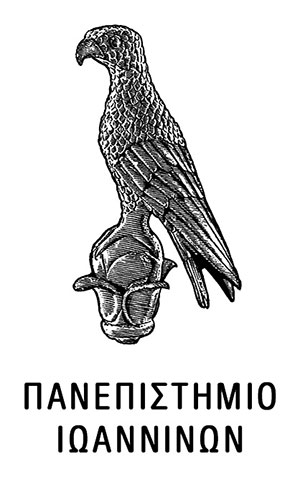Galen (129 – 200 circa) is considered as the most important doctor in antiquity, next to Hippocrates. He was a descendent of a rich aristocratic family in Pergamon and received a good education, since his teachers were the most prominent ones of his age. He came into contact with the philosophical traditions of Platonism, Aristotelianism, Stoicism and Epicurianism. This fact had a decisive impact on the formation of a philosophical eclecticism, which characterizes his thought and is reflected upon his writings. Galen was a prolific writer, as he was engaged with most of the issues that concerned the people of his time. He expressed particular interest in medicine, a branch in which he distinguished himself.
In the present Master Thesis it is attempted to research and point out the epistemological and ethical views of Galen, as they are registered by the doctor-philosopher in his treatise The best doctor is also a philosopher (Ὅτι ὁ ἄριστος ἰατρὸς καὶ φιλόσοφος).
In the Introduction, this choice of the primary source is clarified and argued for. Moreover, it is attempted to show the importance of epistemology and ethics in Galen’s thought. Furthermore, bibliographical data about the doctor-philosopher are presented, as it was deemed important that this would help the further understanding not only of the surrounding atmosphere of his age and but also of his thought.
In the First Chapter it is attempted to explore the epistemological views of the doctor-philosopher as they are presented in the treatise The best doctor is also a philosopher (Ὅτι ὁ ἄριστος ἰατρὸς καὶ φιλόσοφος). Simultaneously, it is attempted to interpret extensively these theories by reference to Galen’s total surviving works. In particular, it gives an account of the necessary epistemological merits of the “best doctor”, which shall enable him to practice successfully the “philanthropist art” and fulfill its “end”. According to Galen, these are the following: a) study and correct interpretation of the former theoretical background, b) practice in the epistemological branches of astronomy and geometry, c) practice of the logical method along with empirical observation, d) clarity of expression, e) fulfillment of the terms of power and will.
In the Second Chapter it is attempted to investigate and highlight Galen’s ethical views in the above mentioned treatise, views which concern the ethical status of any doctor that wishes to become “best”, i.e. similar to Hippocrates. First of all, it is important to show the connection between ethical philosophy with Galen’s views on the soul, since these two sectors are inextricably interconnected. In particular, it is attempted to interpret the notions of philanthropy, love of money (philohrimaton), love of labor (philoponia), moderation (sophrosyne), temperance (enkrateia), self-indulgment (akolasia) and justice.
The Thesis is completed with the Conclusions, where it is attempted to demonstrated the basic, for Galen, view that the success of the practice of medicine depends on the philosophic.
(EN)

